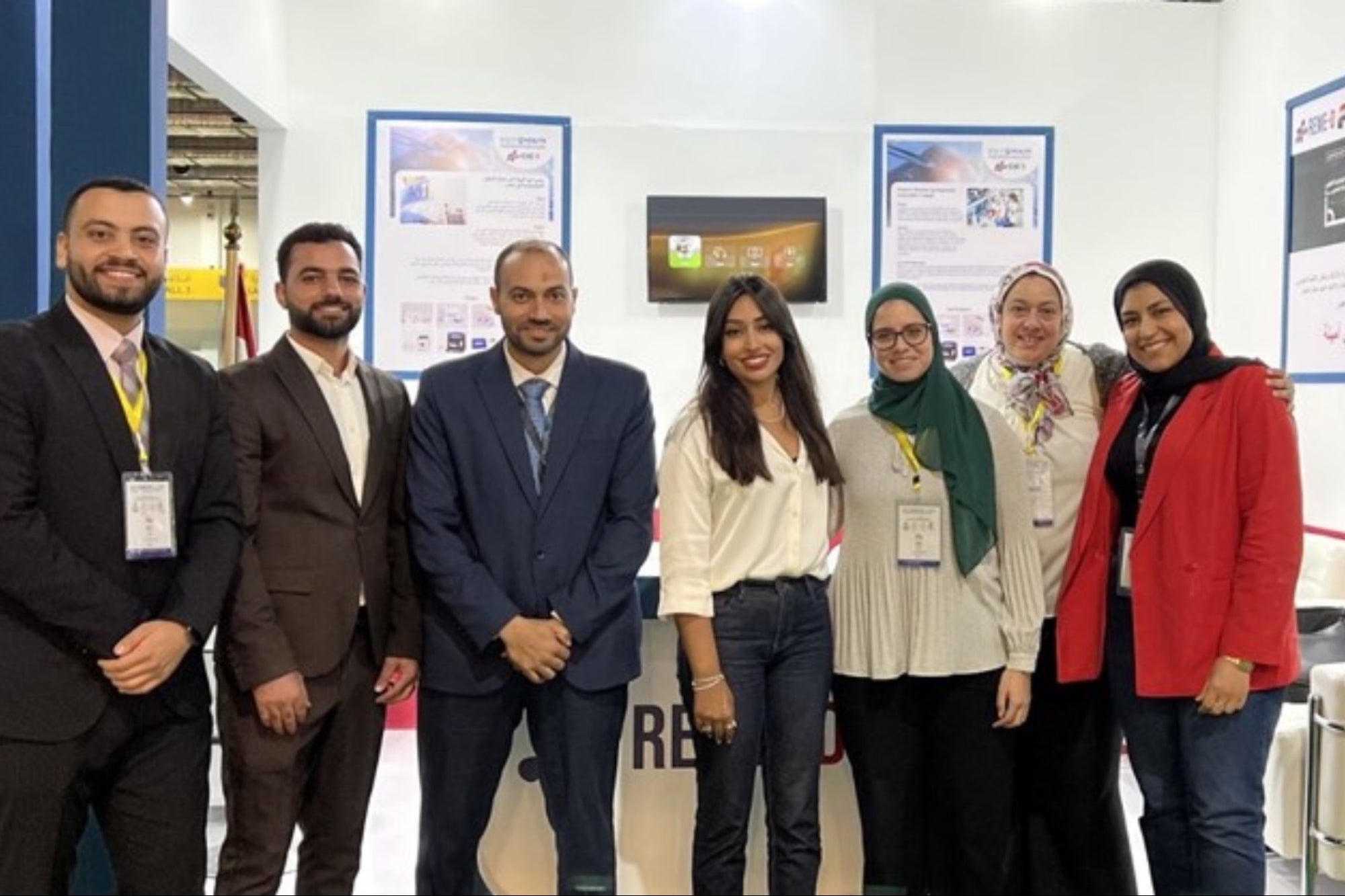Startup Spotlight: How Egypt-Based Reme-D Addresses the Limited Availability of Disease Diagnostics in the MEA "Illness affects us all, but at Reme-D, we believe in a future where accurate diagnoses lead to swift recoveries."
Opinions expressed by Entrepreneur contributors are their own.
You're reading Entrepreneur Middle East, an international franchise of Entrepreneur Media.

This article is part of an ongoing series covering startups that have been a part of the Mohammed Bin Rashid Innovation Fund (MBRIF) accelerator program.
In the past few years, there has perhaps never been a more poignant reminder of the need for equitable access to health diagnostic kits than the COVID-19 pandemic. But even though the worst of the pandemic is finally behind us, the fact remains that there are still multiple other health diagnoses that need to be done in a timely manner. But in 2023, the World Health Organization (WHO) reported that "whilst approximately 70% of healthcare decisions are made based on diagnostic test results, only 3–5% of healthcare budgets go to diagnostic services."
The report then goes on to note that access to basic diagnostic tools or laboratory tests is often limited in many nations, and that long distances and isolated communities often make it difficult to carry out such testing. Directly solving this issue for the MEA region is Egypt-based Reme-D, a deep-tech startup that specializes in the development and manufacturing of cutting-edge diagnostic kits.
"Reme-D addresses the limited availability and affordabil- ity of disease diagnostics in the MEA," elaborates Salma Tammam, founder and CEO of Reme-D. "To date, most of the diagnostic testing systems are not being manufactured in the MEA- the region relies on imported kits which makes their availability subject to international demand and availability of foreign currency for import. The test cost is also inflated due added shipping and import costs and mark-up of imported and distributors. The acquisition time is also rather high, which means that labs need to keep large inventories to avoid delays in acquisition of such critical products. Additionally, these imported kits are not suited for use in low resource settings. Reme-D develops efficient and affordable disease testing solutions from locally sourced materials. Our patented technology makes our tests suitable for use in low resource settings; our tests are stable at room temperature whereas imported kits need to be refrigerated, additionally our tests make the procedure in the lab three times shorter and simpler allowing labs to increase productivity without hiring more personnel."
Officially launched in December 2022, the startup is incorporated in the American state of Delaware and has a manufacturing facility and an office in Egypt's capital Cairo as well as an office in Greece's capital Athens. With a mission to "create a better, healthier and cleaner future for all," the Reme-D team thus specializes in molecular diagnostics and targets underserved areas to offer easily accessible, reliable, and effective diagnostic tests. And since its inception, the research and development (R&D) efforts have led to the production of 20 diagnostic tests.
"Reme-D develops, manufactures and sells diagnostics tests to medical labs, hospitals and research institutes," Tammam explains. "Our products are based on in-house research and development in the fields of nanotechnology, molecular biology, proteomics and bioinformatics. In Egypt, we sell directly, where currently we are selling around 50,000 tests a month to 73 labs and hospitals. Outside of Egypt we are selling in Sudan and Iraq, where we sell through a distribution partner. And in 2025, we will start selling in Kenya and Nigeria. We have also filed a US patent that protects the technology that makes our tests stable at room temperature, easier and simpler to use and at least 6x more affordable than that offered by international competitors. We also offer diagnostic equipment. This equipment is small, portable and battery operated. These equipment are either sold, or offered to customers in exchange for a committed number of tests."
Here, it is important to mention that Reme-D's endeavors align perfectly with the WHO's Diagnostics Task- force- an initiative launched by the global organization in May 2023 to strengthen global diagnostics capacities. Indeed, this Taskforce's members help nations in not only assessing their needs for diagnostic technologies but also ensure their quality and provide implementation guidance, particularly in low-resource settings. As Tammam
reiterates Reme-D's unique selling points, it becomes easy to appreciate the significance of such solutions. "As mentioned earlier, our testing systems are stable at room temperature (as opposed to those offered by the competition that need to be frozen)," she says. "Moreover, these are simpler to use, require half the amount of laboratory equipment in comparison to tests offered by competition, and produce results in one-third of the time in comparison to competition. Additionally, Reme-D's diagnostic tests are proven to be six times more affordable [than the current available options]!"
For Reme-D, the next step of asserting dominance in the region is to foster partnerships in the UAE and Saudi Arabia, reveals Tammam. In this regard, the MBRIF Innovation Accelerator Program has been a welcome source of support. "We believe that the MBRIF could offer great support with regards to expan- sion in the GCC," Tammam says. "We have been seeking support in registering in the UAE and establishing an office, R&D facility and warehouse in the UAE and indeed through the MBRIF we were able to establish connections with Dubai Health Authority and a number of commercial partners. Also, we were able to work with Dubai Silicon Oasis to establish a manufacturing facility in the country."
While Reme-D's impact in the UAE is yet to unfold, Tammam notes that, at the end of the day, what her startup brings to the table is a meaningful way to save lives. "Illness affects us all, but at Reme-D, we believe in a future where accurate diagnoses lead to swift recoveries," she concludes.











